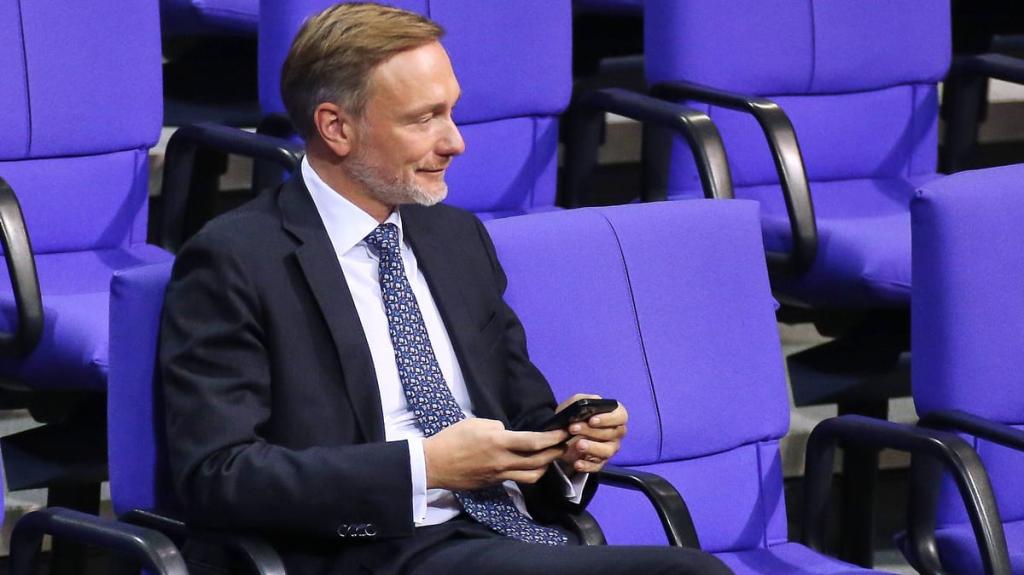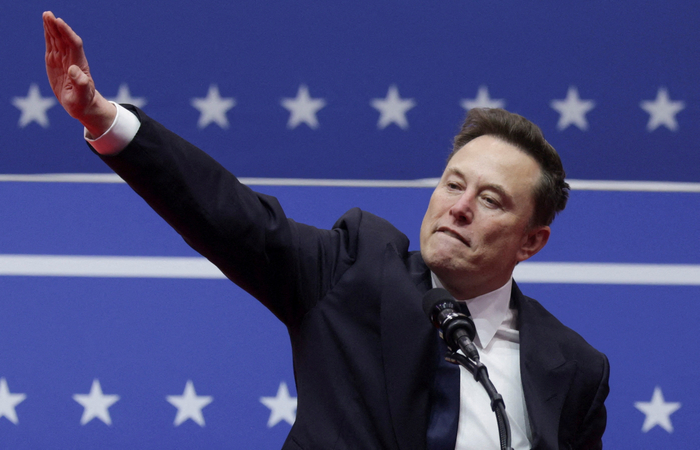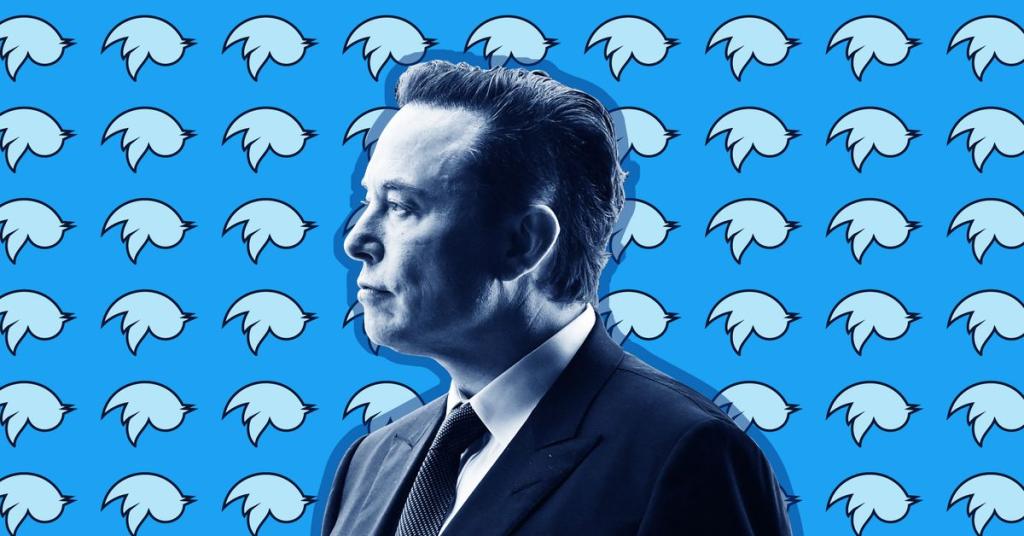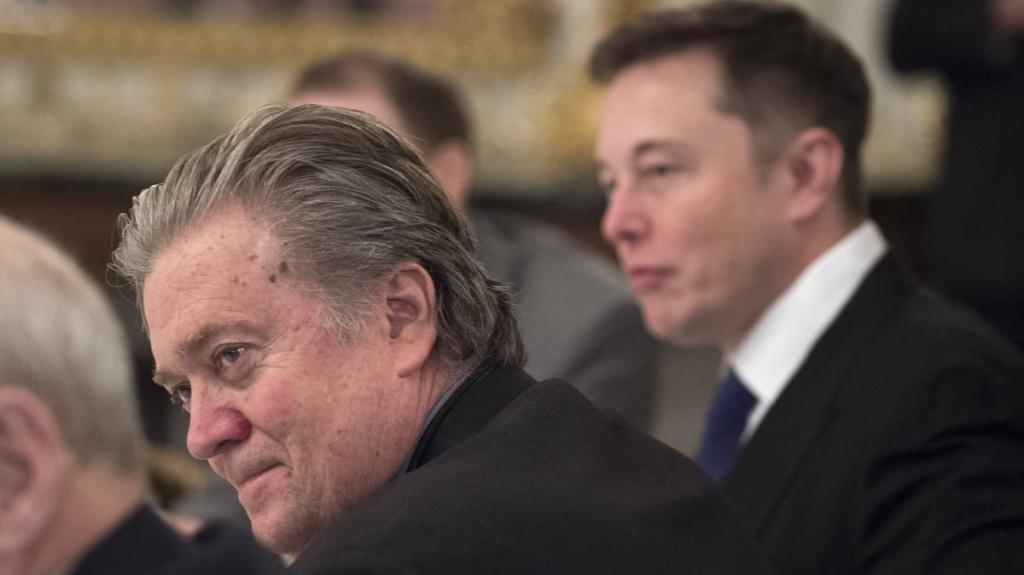Elon Musk Backs AfD Sparking Political Controversy in Germany
Elon Musk's endorsement of the AfD ignites political turmoil in Germany, highlighting the powerful influence of social media on global politics.
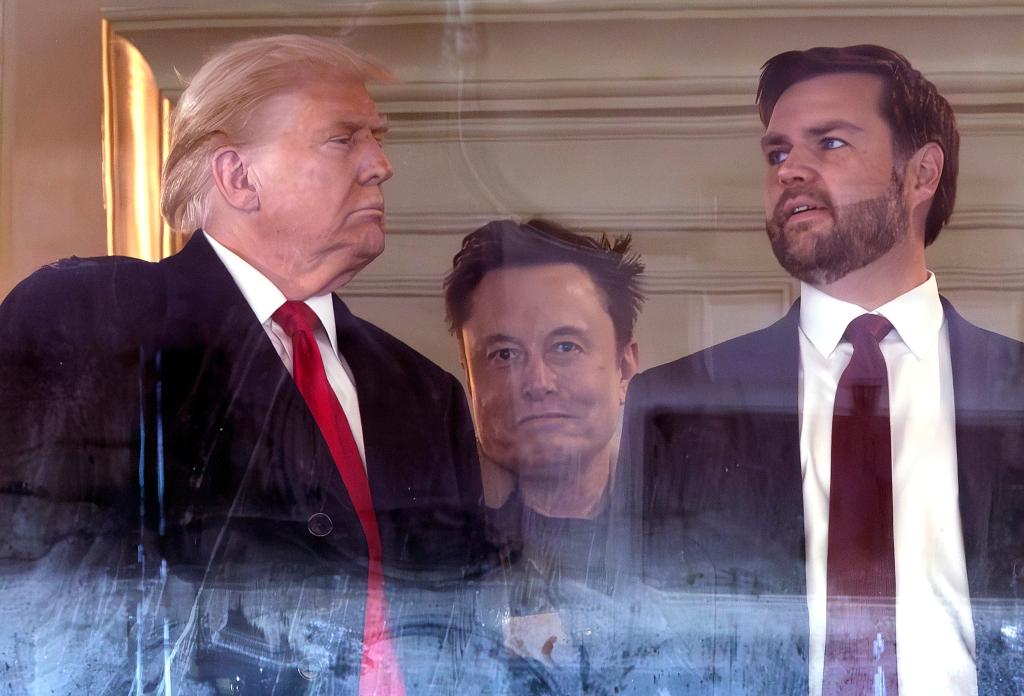
Key Points
- Elon Musk
's endorsement of the far-right AfD party marks a significant controversy in Germany as elections approach.
- The AfD is gaining traction in polls, highlighting a rise in populism amidst the economic strain in Germany.
- Musk's influence through social media underscores the growing impact of global figures on national political landscapes.
In a recent turn of events, billionaire entrepreneur Elon Musk has sparked significant controversy in Germany by endorsing the far-right political party,
(AfD). His assertion that “only the AfD can save Germany” has not only intensified the political atmosphere leading up to the elections but has also raised questions about the influence of international figures in national politics. As the nation prepares for elections on February 23, 2024, Musk's remarks are both provocative and revealing.
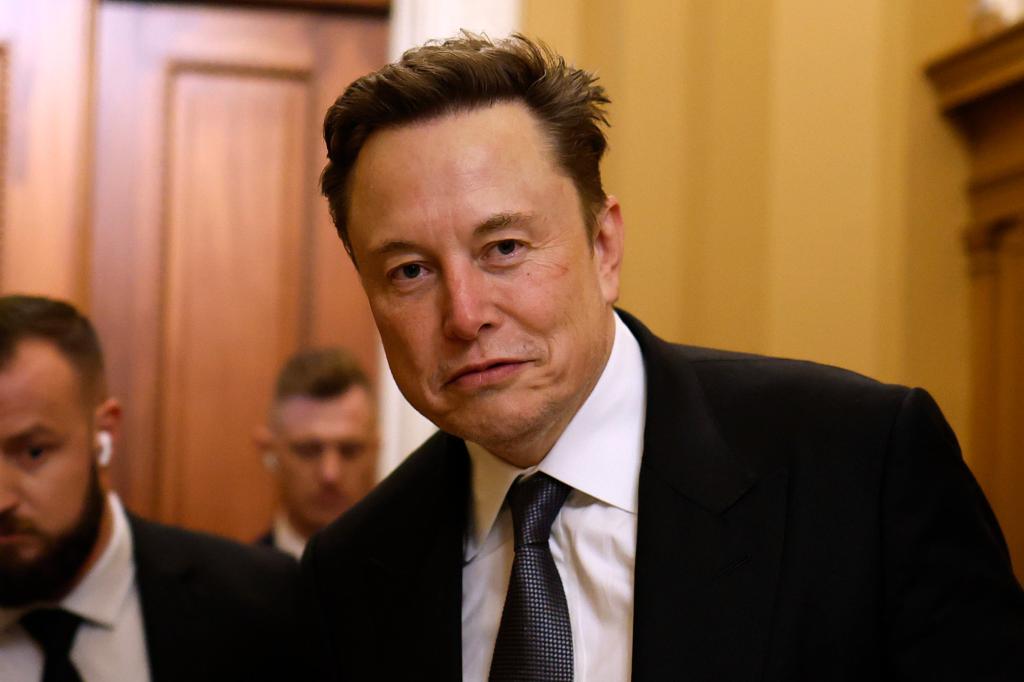
The Rise of the AfD
The AfD has been classified as a right-wing extremist party by German authorities, with various factions within it under surveillance due to their extremist ideologies. In recent years, the party has gained momentum, especially after significant electoral successes in state elections, including becoming the largest party in
. Polls indicate the AfD could secure around 19% of the vote in the upcoming elections, making it a formidable player in the ever-changing German political landscape.

Musk's Political Interventions
Elon Musk’s engagement with right-wing factions is not a new phenomenon. Over the past few years, he has voiced support for several populist and anti-immigration leaders worldwide, from
in the UK to
in
. His social media platform, X (formerly Twitter), has become a space for Musk to amplify messages that resonate with far-right ideologies. This strategic maneuvering places him at the center of a global political conversation, influencing perceptions and potentially swaying public opinion.

Domestic Response to Musk's Comments
The reaction to Musk's endorsement has been mixed in Germany. Notably, Chancellor
responded to Musk's statement with skepticism, emphasizing that while freedom of speech allows for differing opinions, not all comments are beneficial. He highlighted the importance of dismissing ideologies that threaten democratic values. Other political figures echoed these sentiments, urging Musk to "stay out" of German politics. This backlash illustrates the potential risks associated with foreign influence in domestic governance.

The Role of Social Media in Political Landscape
As we analyze Musk’s influence, it becomes clear that social media is reshaping political discourse on a global scale. Platforms like X provide direct channels for powerful individuals to sway public sentiment and shape narratives. Musk’s ability to reach millions with a single post exemplifies the growing power of social media influencers in politics. The implications of this trend may have lasting effects on democratic processes worldwide.
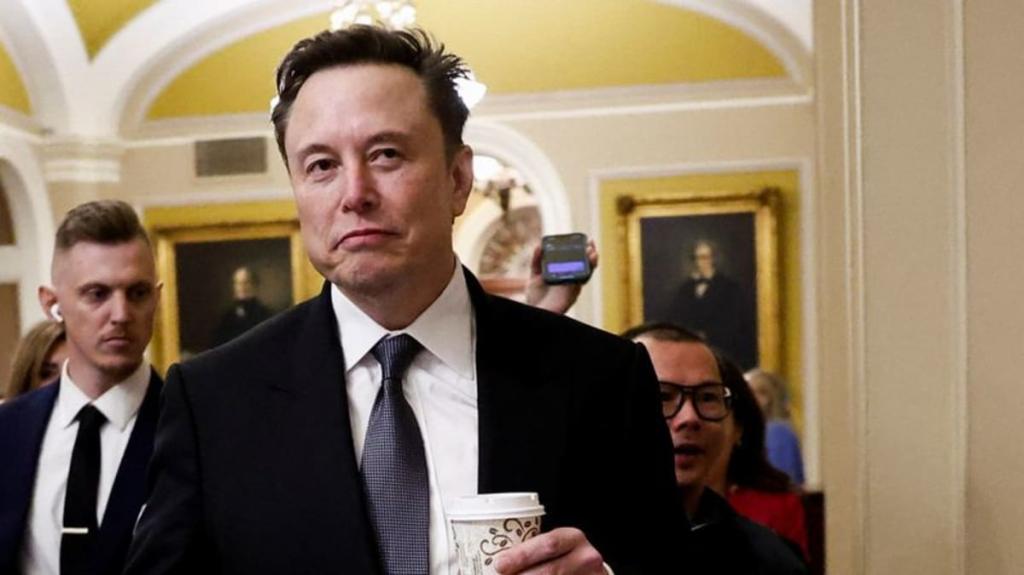
The Future of the AfD and German Politics
Looking ahead, the potential electoral success of the AfD poses significant questions for the future of German governance. Their rising popularity amid economic strains reflects a larger trend of populism gaining traction in various democracies. However, all mainstream parties in Germany have publicly declared their intent not to collaborate with the AfD, emphasizing democratic integrity over temporary political alliances. As the elections approach, the interaction of these dynamics will be critical in determining Germany's political future.
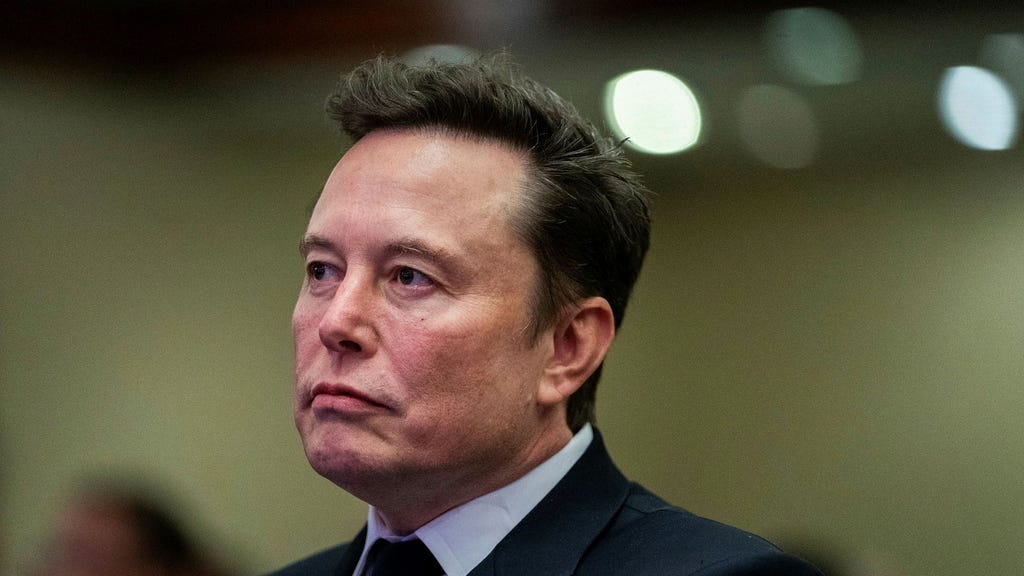
In summary, Elon Musk's endorsement of the AfD has not only stirred up political tension in Germany but has also highlighted the intricate ties between global figures and national politics. As the nation gears up for a crucial election, the conversations sparked by Musk's comments remind us all of the ongoing challenges facing democracies worldwide, particularly in an age dominated by social media influence.
